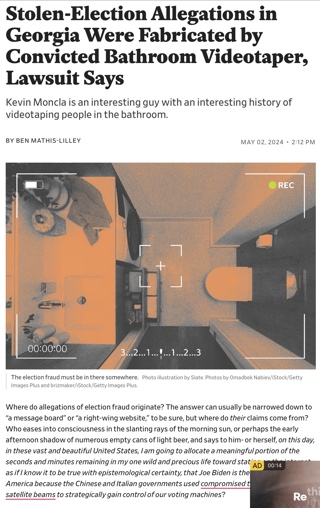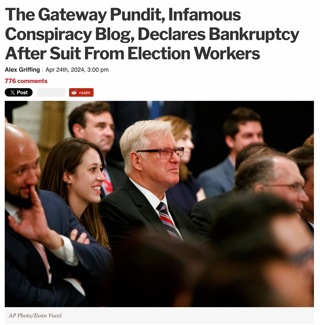Obama Backs Down on Sudan
…as president, Mr. Obama and his aides have caved, leaving Sudan gloating at American weakness. Western monitors, Sudanese journalists and local civil society groups have all found this month’s Sudanese elections to be deeply flawed — yet Mr. Obama’s special envoy for Sudan, Maj. Gen. Scott Gration, pre-emptively defended the elections, saying they would be “as free and as fair as possible.” The White House showed only a hint more backbone with a hurried reference this week to “an essential step” with “serious irregularities.”












